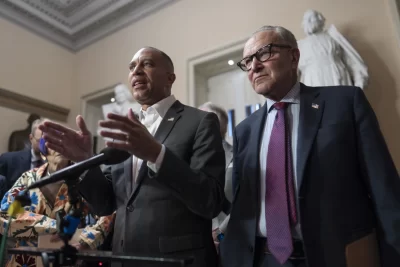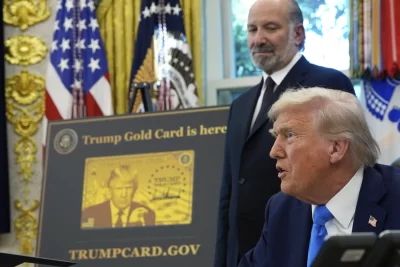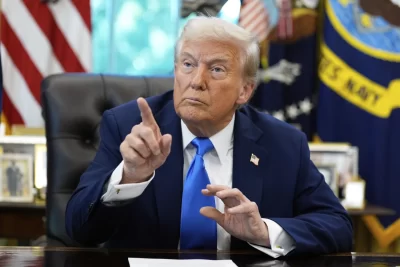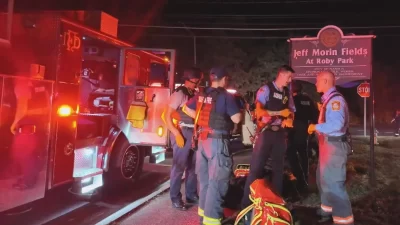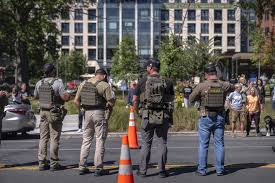
WASHINGTON— It’s a scene that has played out on the streets of Washington and Los Angeles since President Donald Trump declared a crime emergency in the nation’s capital and ramped up deportations nationwide: Federal agents, some in masks, grabbing someone off the street, bundling the person into a car and driving away, ignoring questions from bystanders.
In an executive order signed this month, Trump said the District of Columbia government’s “failure to maintain public order and safety has had a dire impact on the Federal Government’s ability to operate” and that it was his duty as president to use federal agents to restore order. He has threatened to expand those operations — law enforcement duties traditionally reserved for local police — to other cities.
Urban leaders, police officials and civil rights advocates say federal agents are not the best equipped for this type of policing. They also are concerned the strategy will erode the delicate relationship that local police have with the communities they serve.
Here are some key things to know about the differences in how federal authorities and local police operate:
Federal agents typically don’t patrol cities
Federal agents have not historically played much of a role in everyday policing. The job of federal marshal was created in 1789, but the agency’s numbers are small and largely focused on carrying out the work of federal courts. Other U.S. investigative agencies have mostly focused on major interstate crimes and national security matters.

